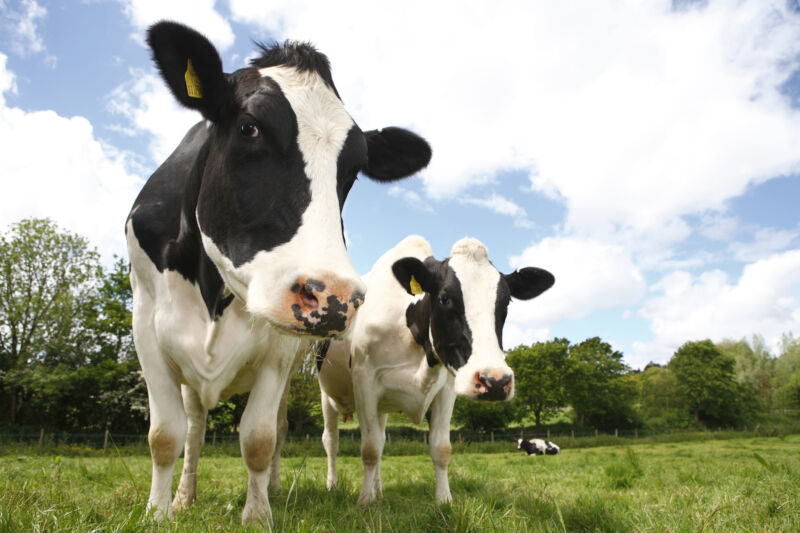Are growing rates of anxiety, depression, ADHD, PTSD, Alzheimer’s and motor neurone disease related to rising temperatures and other extreme environmental changes?
In late October 2012, a category 3 hurricane howled into New York City with a force that would etch
its name into the annals of history
. Superstorm Sandy transformed the city, inflicting more than $60bn in damage, killing dozens, and
forcing
6,500 patients to be evacuated from hospitals and nursing homes. Yet in the case of one cognitive neuroscientist, the storm presented, darkly, an opportunity.
Yoko Nomura had found herself at the centre of a natural experiment. Prior to the hurricane’s unexpected visit, Nomura – who teaches in the psychology department at Queens College, CUNY, as well as in the psychiatry department of the Icahn School of Medicine at Mount Sinai – had meticulously assembled a research cohort of hundreds of expectant New York mothers. Her investigation, the
Stress in Pregnancy study
, had aimed since 2009 to explore the potential imprint of prenatal stress on the unborn. Drawing on the evolving field of epigenetics, Nomura had sought to understand the ways in which environmental stressors could spur changes in gene expression, the likes of which were already known to influence the risk of specific childhood neurobehavioural outcomes such as autism, schizophrenia and
attention deficit hyperactivity disorder
(ADHD).
Continue reading...
chevron_right





